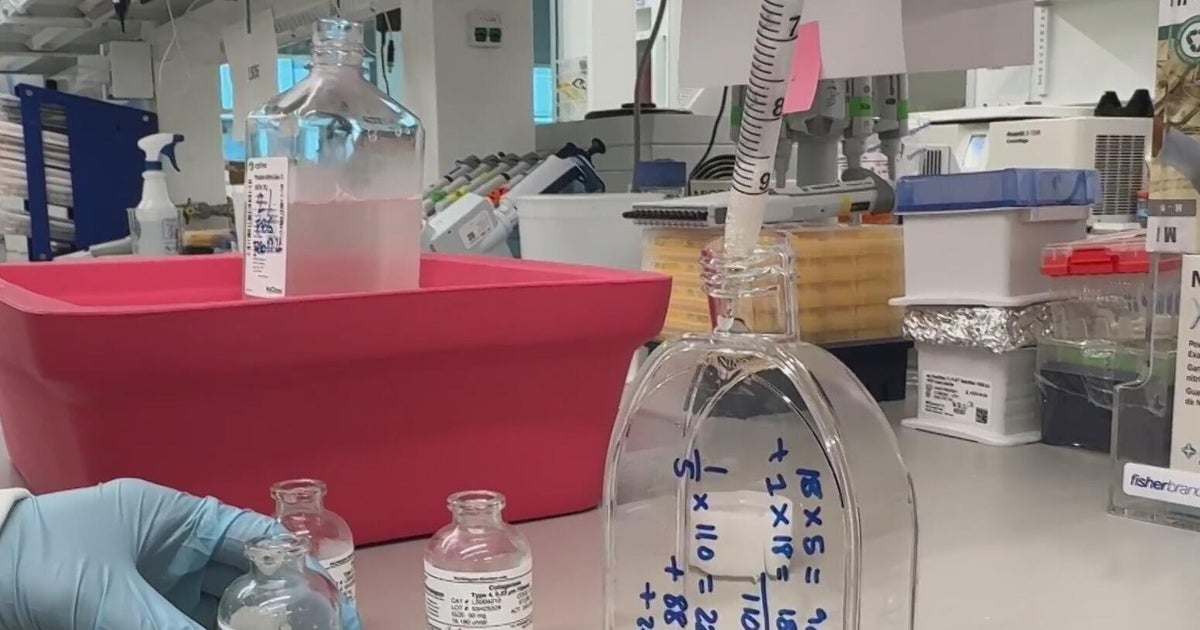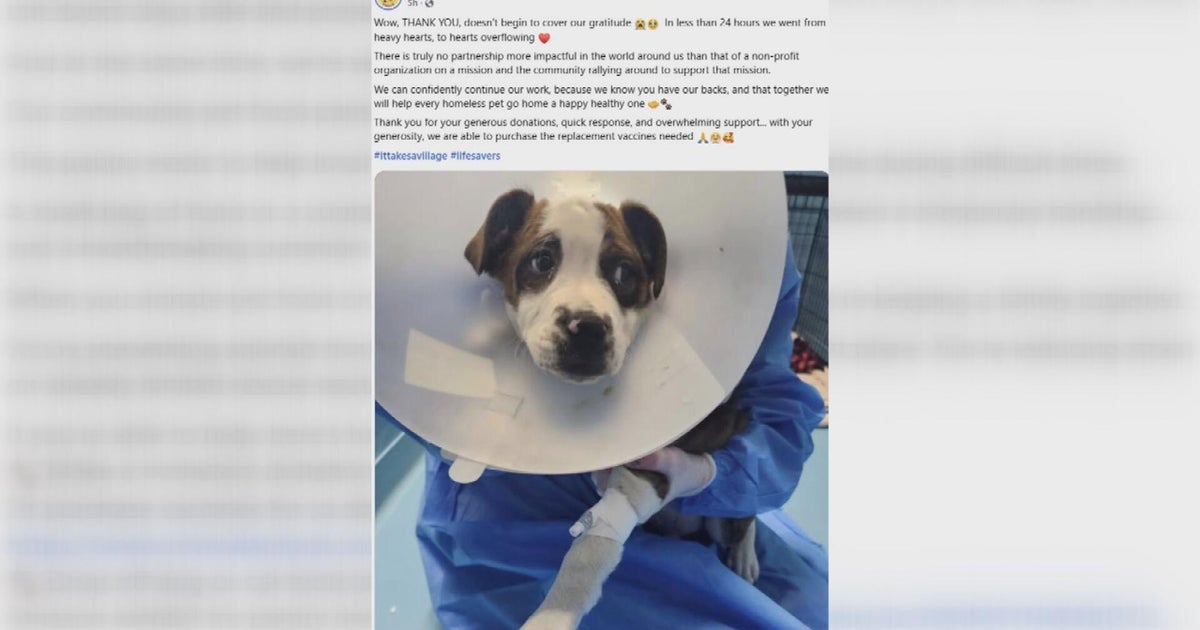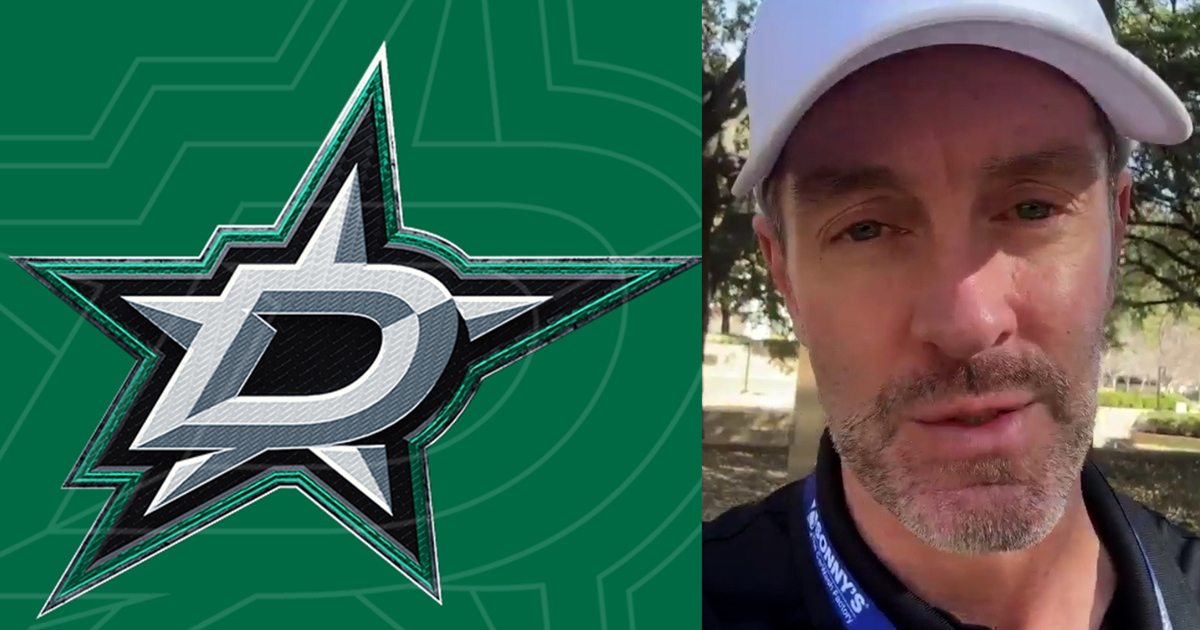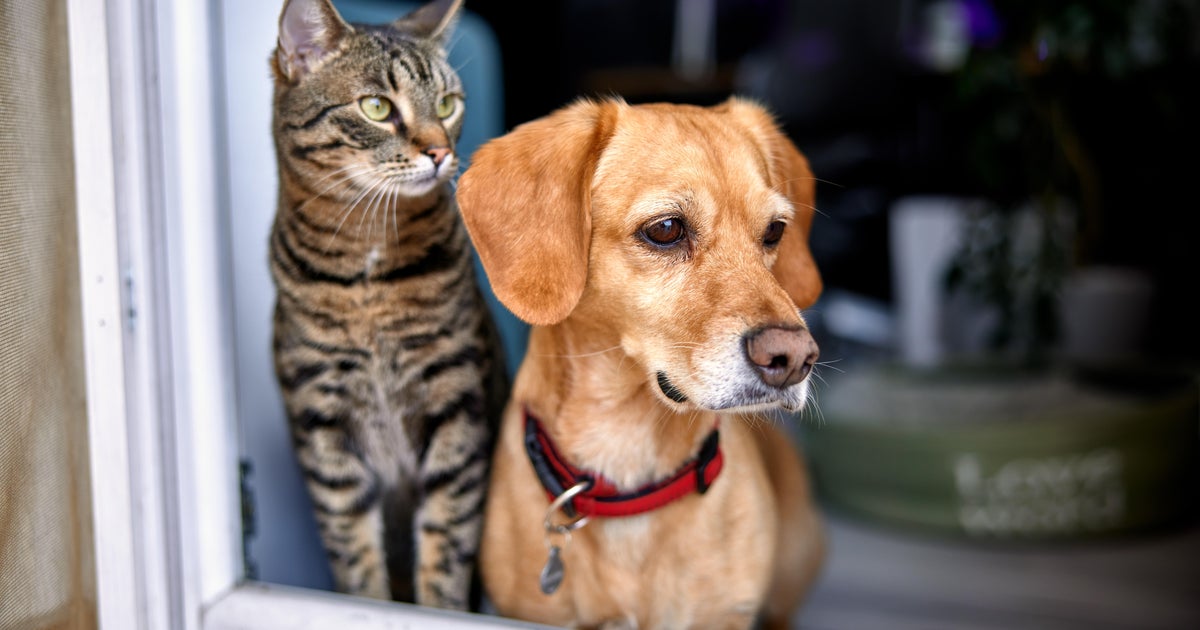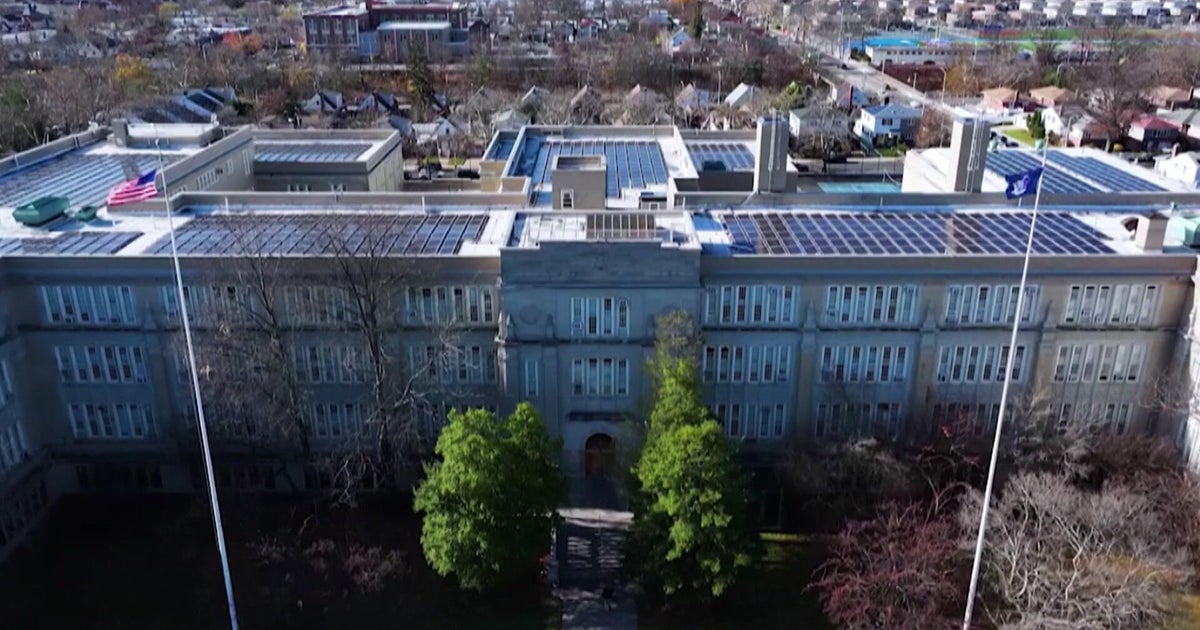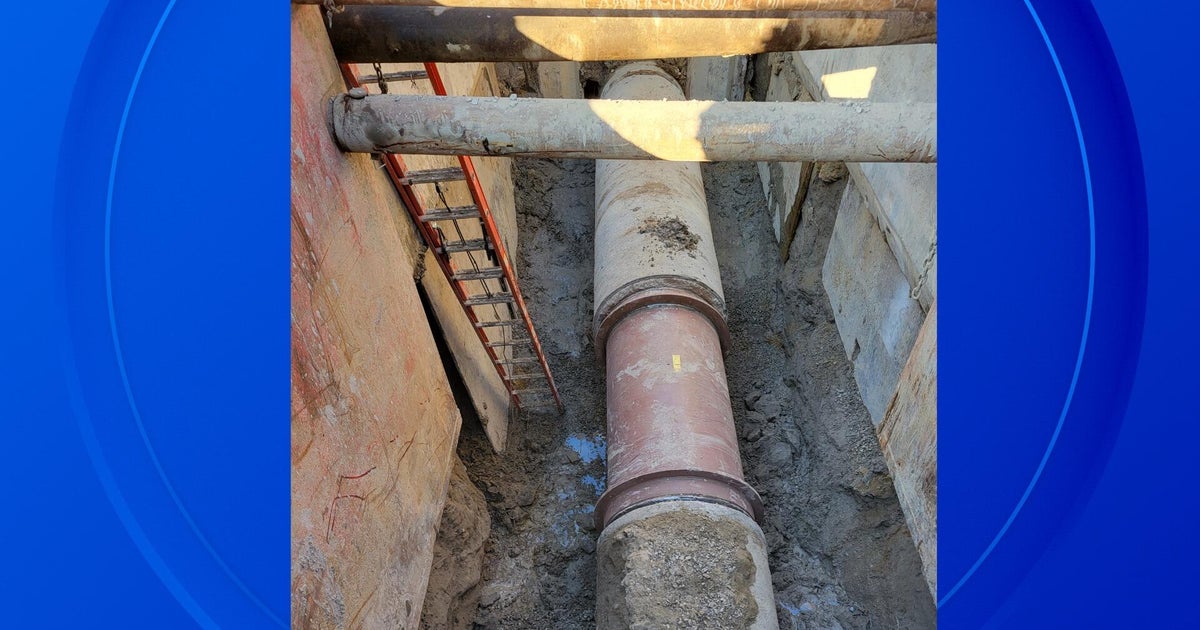Cancer Vaccine Being Tested In Dallas
DALLAS (CBSDFW.COM) - For cancer patients, the treatment sometimes seems worse than the disease. But, Dallas-based scientists have developed a new therapy with virtually no side effects, that may even help patients who are running out of time. They're making this medicine from a cancerous tumor. A 41-year old mother from Frisco is praying it will work for her.
"I'm tired of curing cancer in mice," said Dr. John Nemunaitis. "Let's get it into people."
Dr. Nemunaitis is leading a team of doctors and researchers who have developed a new vaccine made from a patient's own tumor.
"The specificity we're able to get to in terms of what makes cancer work and how to block that is remarkable," he said.
"I said it sounds like a flu shot," Hughes said remembering her first conversation about the vaccine. "He said that's exactly how I want you to think about it."
Tonya Hughes has advanced stage liver cancer that has spread to her lungs. She enrolled in the clinical trial through the Mary Crowley Cancer Research Center after her doctors told her they were out of options.
"I never question God like 'why me?'," she said. "I just question God like what's to come from this testimony. I don't want it to be my death, but maybe I want it to be me helping somebody else."
Hughes has allowed our cameras to follow her through this entire process which started last November in surgery when doctors removed four of the five tumors inside her lungs.
From the operating room, the tumors are taken to the lab in Carrollton where technicians immediately begin breaking them down into individual cancer cells. The next day, Tonya's cells are put into a machine where they're super heated and shocked - a process that changes their genetic make-up.
"We're now able to look at the differences between normal cells and cancer cells and try to target our therapy to the differences," said Dr. Neil Senzer, one of the lead scientists on this study.
Dr. Senzer identified a series of proteins within every cancer cell that helps them hide from the body's immune system. He discovered that by changing the genes within these cancer cells to block those proteins, when injected back into Tonya as a vaccine, the immune system begins to recognize the diseased cells and fights them all over the body.
"What we're trying to do is dismantle the stealth system that the cancer cell has so the immune radar system which we've now revved up not only can see it but can produce ways to attack those cancer cells more effectively," said Dr. Senzer.
David Shanahan, a Dallas businessman, had a personal reason for founding the Gradalis biomedical lab where this research is taking place. He's the grandson of the late Mary Crowley, a prominent businesswoman who died from cancer in the late 1980s.
"She had just a tremendous sense of spirit and inspiration. She used to instill us with phrases like 'If it is to be, it's up to me.'," Shanahan said.
It's that mantra that drives him to push for funding, and bring scientists from all over the world together to develop these new, cutting edge therapies right here in Dallas. He hopes this research will help turn cancer into a much more manageable disease.
"I think it's really quite possible," he said. "Five years from now, I think we'll have big chunks of cancer moved off the table and are now managed in an elegant way."
Tonya received her first dose of the vaccine right before Christmas, and gets a new dose each month through May. Monday afternoon, we learned the vaccine seems to be working, and it has stopped the disease in its tracks.
"It looks like the cancer stopped growing, it's official called stable disease," Dr. Nemunaitis said. "Now we've got to wait and watch and hope that her immune system continues to build to eventually hopefully demonstrate some shrinkage."
For Tonya, it means more time as a healthy mom to spend with her son.
"I need more than two years," she said. "My little boy is just two. I need more than 2 years."
Tonya says she feels great and has no side effects from this treatment. She goes in for next dose of the vaccine on Wednesday. We'll continue to follow her progress through the course of this treatment.
The trial for this vaccine is now in phase two, and researchers are now looking for Ovarian Cancer patients to enroll. To learn more information about this and other studies at the Mary Crowley Cancer Research Center, you can call 972-566-3086, or click here to visit their website.
